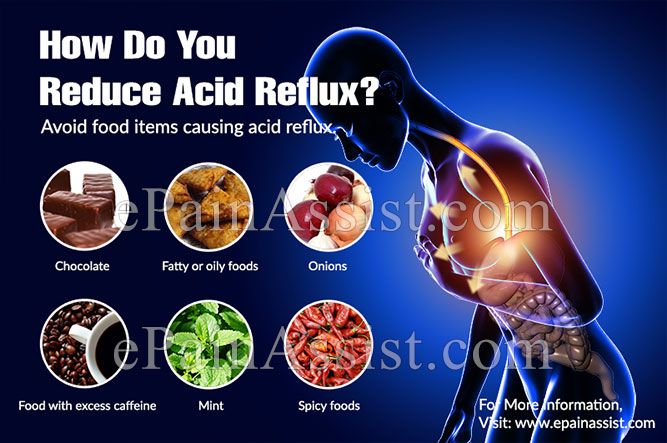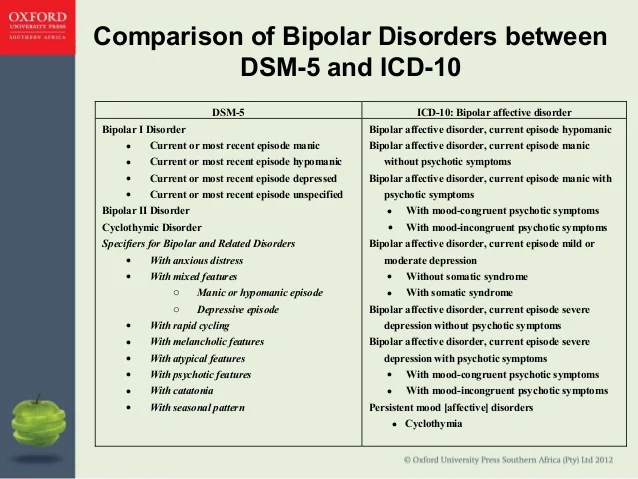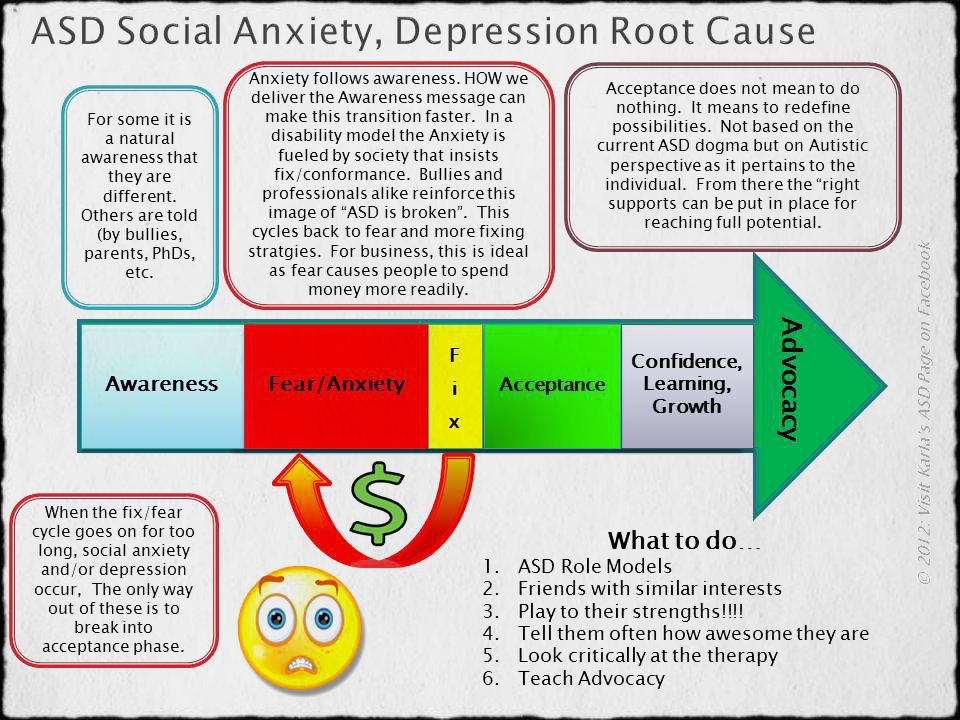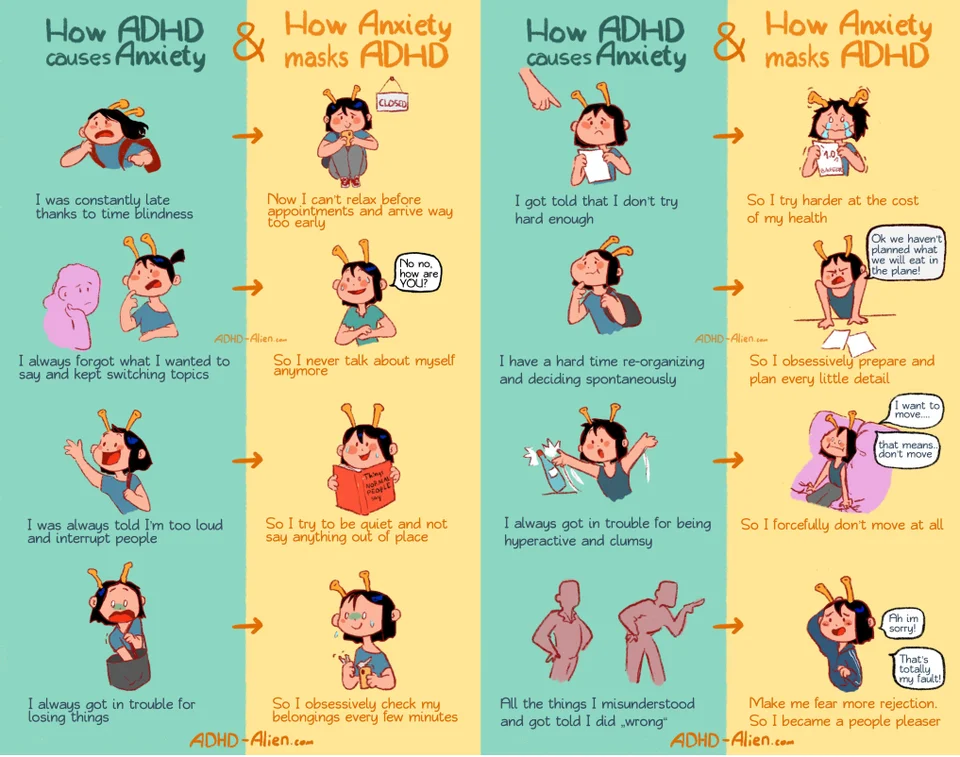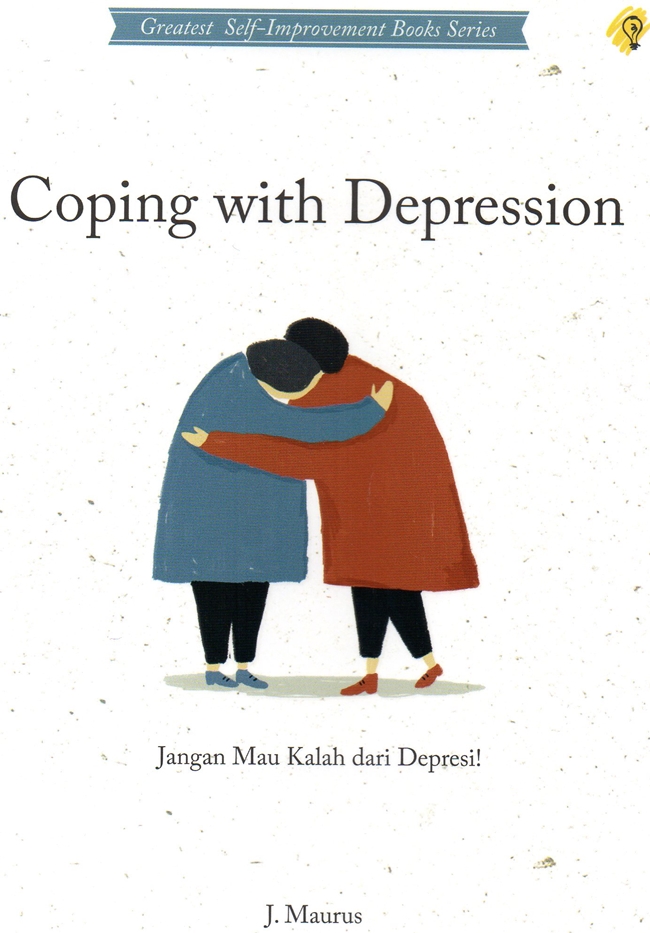Acid reflux caused by anxiety
Acid reflux and anxiety: What is the link?
Acid reflux and anxiety may share a close link. Some research suggests that anxiety might make acid reflux symptoms worse.
Anxiety and stress may also be contributing factors to acid reflux in some cases. Conversely, acid reflux can be stressful and may cause anxiety in some people.
People with troubling symptoms or symptoms that do not respond to home treatment should speak with a doctor.
Keep reading to learn more about the link between anxiety and acid reflux.
Acid reflux occurs when acid from the stomach leaks back up into the food pipe, or esophagus. Gastroesophageal reflux disease (GERD) is the term for persistent acid reflux.
Anxiety is a natural response to stress in the body. Paradoxically, experiencing anxiety can be stressful in itself, which can create a cycle.
There is some evidence to suggest that stress and anxiety may provoke acid reflux or make the symptoms worse.
For instance, a 2018 study involving more than 19,000 people found that those with anxiety were more likely to experience GERD symptoms.
The study authors suggest several possible physical reasons for this:
- Anxiety may reduce pressure in the lower esophageal sphincter, which is the band of muscle that keeps the stomach closed and prevents acid from leaking into the esophagus.
- Stress responses and anxiety may cause long lasting muscle tension. If this affects the muscles around the stomach, it could increase pressure in the organ and push the acid up.
- High anxiety levels may increase stomach acid production.
In some cases, people with anxiety who had the same number of acid reflux episodes as people without anxiety rated these episodes as more severe.
The authors of an older study also found that among people with GERD, the symptoms — including pain behind the breastbone and heartburn — were more severe in those who had higher levels of anxiety.
Why does acid reflux give people anxiety?
Scientists have also noted that GERD can be a significant source of stress and anxiety for people.
In 2019, researchers noted that people with GERD who experienced chest pain had significantly higher levels of depression and anxiety than those who did not have pain in this part of the body.
The study authors also suggest that people may associate symptoms such as chest pain with other more serious conditions, increasing their anxiety about these symptoms.
The combination of these factors can allow a vicious cycle to develop. GERD may cause stress and anxiety, yet stress and anxiety also contribute to GERD. Finding both physical and psychological ways to treat these symptoms is vital to break the cycle and find relief.
Other factors that can lead to acid reflux include:
- obesity
- pregnancy
- smoking
- having a hiatal hernia
Certain medications may also cause GERD or worsen its symptoms. A person should speak with a doctor about any medications they are taking if they are concerned about acid reflux and GERD.
Understanding the symptoms of GERD and anxiety may help a person distinguish between them.
Symptoms of GERD
GERD is a condition that causes regular acid reflux, as stomach acid often leaks back up into the esophagus. It produces a number of symptoms, the most common being heartburn.
Heartburn is a painful, burning feeling in the middle of the chest and, sometimes, the throat. It occurs when the acid from the stomach irritates the esophagus.
Other symptoms of GERD may include:
- nausea or stomach upset
- pain in the chest or abdomen
- painful swallowing
- vomiting
- bad breath
Symptoms of anxiety
Anxiety symptoms vary among individuals, but they may include:
- rapid heart rate
- nervousness or restlessness
- twitching muscles
- feeling very tense, both physically and mentally
- rapid breathing or hyperventilating
- a feeling of dread or constant impending doom
- difficulty focusing
- other digestive issues, such as gas, diarrhea, or constipation
- inability to sleep
Anxiety may also present as sudden, intense signs of distress called panic attacks. Panic attacks occur when severe symptoms come on very quickly. These can include extreme fear, drastic changes in heartbeat, and changes in breathing.
Panic attacks occur when severe symptoms come on very quickly. These can include extreme fear, drastic changes in heartbeat, and changes in breathing.
Learn more about anxiety’s effects on the body.
Many people deal with occasional acid reflux and feel anxious from time to time when they are facing a stressful situation.
When either or both symptoms become regular occurrences, it is important to take steps to treat or prevent them.
Additionally, as the symptoms of acid reflux and anxiety may make each other worse, taking quick action may help prevent this cycle from developing.
People may be able to relieve the symptoms of GERD using one or more methods, including:
- finding and eliminating foods that trigger the symptoms
- avoiding large or very fatty meals
- eating the last meal of the day no later than 3 hours before going to bed
- taking over-the-counter antacids, such as calcium carbonate (Tums) or bismuth subsalicylate (Pepto-Bismol)
- taking proton pump inhibitors, such as esomeprazole (Nexium)
- using h3 blockers, such as famotidine (Pepcid)
A person should speak with a doctor about other treatments for GERD if the methods they are using do not help.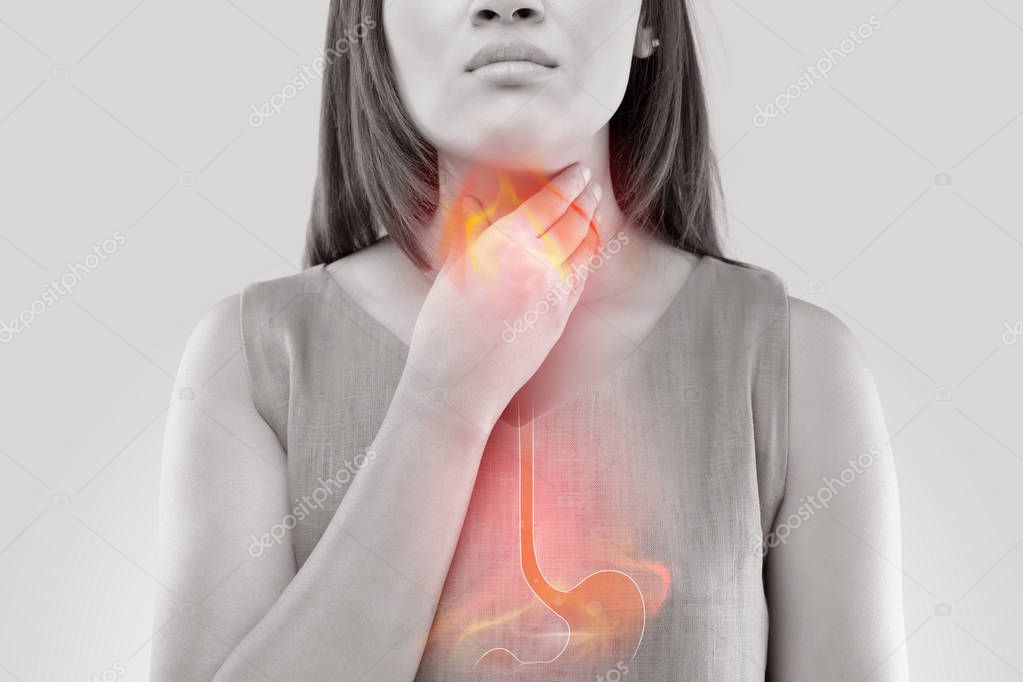
Doctors may also recommend taking steps to reduce or prevent anxiety. These may include:
- attending regular cognitive behavioral therapy sessions
- reducing the intake of caffeine
- avoiding alcohol and recreational drug
- practicing stress relief techniques, such as yoga, meditation, or tai chi
- taking prescription medications, such as antidepressants, anti-anxiety medications, or beta-blockers
A person should always follow a doctor’s instructions when using drugs for anxiety, as some drugs can have severe adverse effects. With benzodiazepines, there is a high risk of dependence. Using them alongside alcohol or opioid drugs can produce life threatening effects.
In some cases, it is possible to manage the symptoms of both acid reflux and anxiety with lifestyle modifications and over-the-counter medications.
However, anyone experiencing chronic anxiety or acid reflux should speak with a doctor.
Long-term acid reflux may cause other complications, such as scar tissue in the esophagus, Barrett’s esophagus, and, in rare cases, esophageal cancer.
Long-term anxiety can contribute to a range of physical and mental health complications.
The symptoms of both GERD and anxiety can appear similar to those of other conditions. Therefore, a person should consider consulting a doctor for an accurate diagnosis.
Dealing with the combination of acid reflux and anxiety can be frustrating. In some cases, a person may not know whether they are experiencing acid reflux or the physical symptoms of anxiety.
A person should consult a doctor to ensure that they receive the correct treatment.
Finding ways to manage anxiety and taking steps toward treating acid reflux may help end the cycle and help people control their symptoms.
Acid reflux and anxiety: What is the link?
Acid reflux and anxiety may share a close link. Some research suggests that anxiety might make acid reflux symptoms worse.
Anxiety and stress may also be contributing factors to acid reflux in some cases. Conversely, acid reflux can be stressful and may cause anxiety in some people.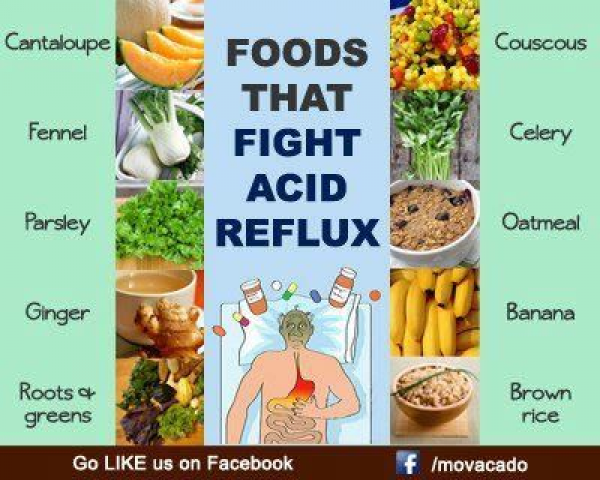
People with troubling symptoms or symptoms that do not respond to home treatment should speak with a doctor.
Keep reading to learn more about the link between anxiety and acid reflux.
Acid reflux occurs when acid from the stomach leaks back up into the food pipe, or esophagus. Gastroesophageal reflux disease (GERD) is the term for persistent acid reflux.
Anxiety is a natural response to stress in the body. Paradoxically, experiencing anxiety can be stressful in itself, which can create a cycle.
There is some evidence to suggest that stress and anxiety may provoke acid reflux or make the symptoms worse.
For instance, a 2018 study involving more than 19,000 people found that those with anxiety were more likely to experience GERD symptoms.
The study authors suggest several possible physical reasons for this:
- Anxiety may reduce pressure in the lower esophageal sphincter, which is the band of muscle that keeps the stomach closed and prevents acid from leaking into the esophagus.
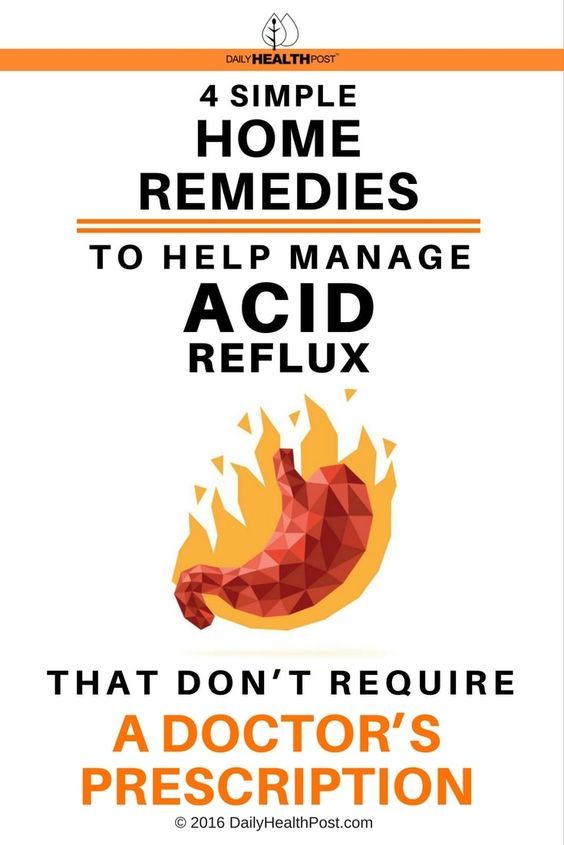
- Stress responses and anxiety may cause long lasting muscle tension. If this affects the muscles around the stomach, it could increase pressure in the organ and push the acid up.
- High anxiety levels may increase stomach acid production.
In some cases, people with anxiety who had the same number of acid reflux episodes as people without anxiety rated these episodes as more severe.
The authors of an older study also found that among people with GERD, the symptoms — including pain behind the breastbone and heartburn — were more severe in those who had higher levels of anxiety.
Why does acid reflux give people anxiety?
Scientists have also noted that GERD can be a significant source of stress and anxiety for people.
In 2019, researchers noted that people with GERD who experienced chest pain had significantly higher levels of depression and anxiety than those who did not have pain in this part of the body.
The study authors also suggest that people may associate symptoms such as chest pain with other more serious conditions, increasing their anxiety about these symptoms.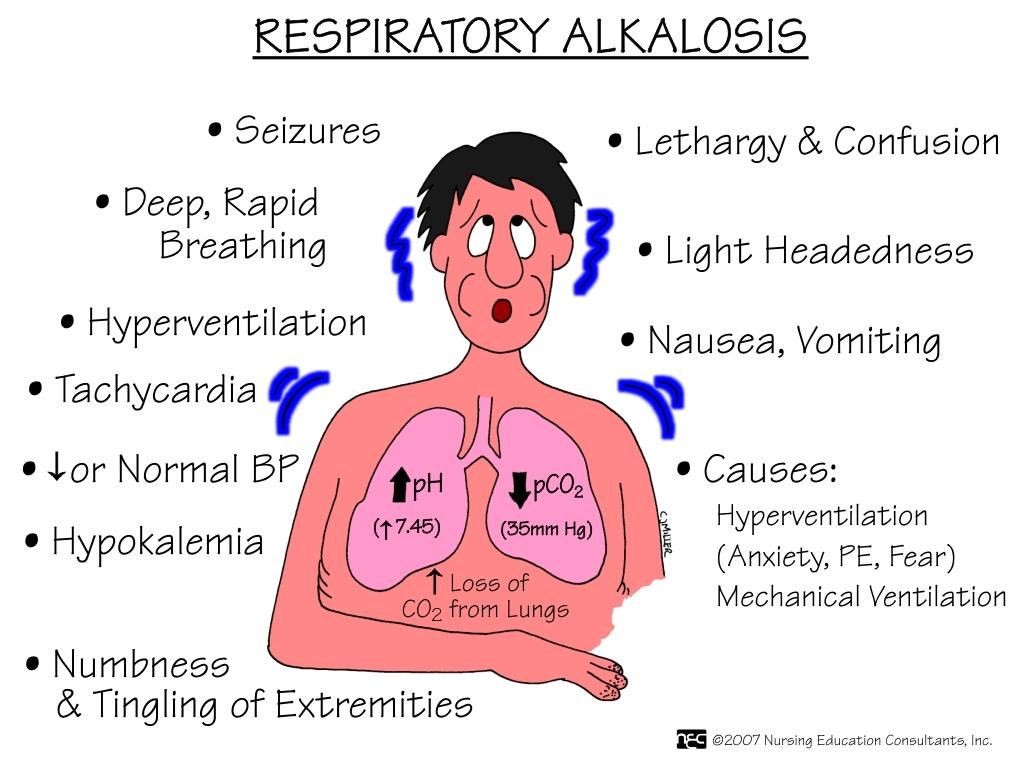
The combination of these factors can allow a vicious cycle to develop. GERD may cause stress and anxiety, yet stress and anxiety also contribute to GERD. Finding both physical and psychological ways to treat these symptoms is vital to break the cycle and find relief.
Other factors that can lead to acid reflux include:
- obesity
- pregnancy
- smoking
- having a hiatal hernia
Certain medications may also cause GERD or worsen its symptoms. A person should speak with a doctor about any medications they are taking if they are concerned about acid reflux and GERD.
Understanding the symptoms of GERD and anxiety may help a person distinguish between them.
Symptoms of GERD
GERD is a condition that causes regular acid reflux, as stomach acid often leaks back up into the esophagus. It produces a number of symptoms, the most common being heartburn.
Heartburn is a painful, burning feeling in the middle of the chest and, sometimes, the throat. It occurs when the acid from the stomach irritates the esophagus.
It occurs when the acid from the stomach irritates the esophagus.
Other symptoms of GERD may include:
- nausea or stomach upset
- pain in the chest or abdomen
- painful swallowing
- vomiting
- bad breath
Symptoms of anxiety
Anxiety symptoms vary among individuals, but they may include:
- rapid heart rate
- nervousness or restlessness
- twitching muscles
- feeling very tense, both physically and mentally
- rapid breathing or hyperventilating
- a feeling of dread or constant impending doom
- difficulty focusing
- other digestive issues, such as gas, diarrhea, or constipation
- inability to sleep
Anxiety may also present as sudden, intense signs of distress called panic attacks. Panic attacks occur when severe symptoms come on very quickly. These can include extreme fear, drastic changes in heartbeat, and changes in breathing.
Learn more about anxiety’s effects on the body.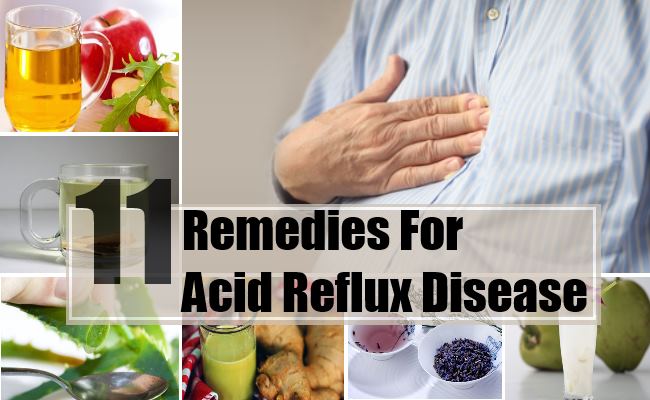
Many people deal with occasional acid reflux and feel anxious from time to time when they are facing a stressful situation.
When either or both symptoms become regular occurrences, it is important to take steps to treat or prevent them.
Additionally, as the symptoms of acid reflux and anxiety may make each other worse, taking quick action may help prevent this cycle from developing.
People may be able to relieve the symptoms of GERD using one or more methods, including:
- finding and eliminating foods that trigger the symptoms
- avoiding large or very fatty meals
- eating the last meal of the day no later than 3 hours before going to bed
- taking over-the-counter antacids, such as calcium carbonate (Tums) or bismuth subsalicylate (Pepto-Bismol)
- taking proton pump inhibitors, such as esomeprazole (Nexium)
- using h3 blockers, such as famotidine (Pepcid)
A person should speak with a doctor about other treatments for GERD if the methods they are using do not help.
Doctors may also recommend taking steps to reduce or prevent anxiety. These may include:
- attending regular cognitive behavioral therapy sessions
- reducing the intake of caffeine
- avoiding alcohol and recreational drug
- practicing stress relief techniques, such as yoga, meditation, or tai chi
- taking prescription medications, such as antidepressants, anti-anxiety medications, or beta-blockers
A person should always follow a doctor’s instructions when using drugs for anxiety, as some drugs can have severe adverse effects. With benzodiazepines, there is a high risk of dependence. Using them alongside alcohol or opioid drugs can produce life threatening effects.
In some cases, it is possible to manage the symptoms of both acid reflux and anxiety with lifestyle modifications and over-the-counter medications.
However, anyone experiencing chronic anxiety or acid reflux should speak with a doctor.
Long-term acid reflux may cause other complications, such as scar tissue in the esophagus, Barrett’s esophagus, and, in rare cases, esophageal cancer.
Long-term anxiety can contribute to a range of physical and mental health complications.
The symptoms of both GERD and anxiety can appear similar to those of other conditions. Therefore, a person should consider consulting a doctor for an accurate diagnosis.
Dealing with the combination of acid reflux and anxiety can be frustrating. In some cases, a person may not know whether they are experiencing acid reflux or the physical symptoms of anxiety.
A person should consult a doctor to ensure that they receive the correct treatment.
Finding ways to manage anxiety and taking steps toward treating acid reflux may help end the cycle and help people control their symptoms.
Acid reflux (heartburn, GERD): Symptoms and treatments
What is heartburn?
Heartburn is a burning sensation in the middle of the chest behind the sternum and in the middle of the abdomen. It occurs when acid and other contents of the stomach travel up the esophagus and irritate the tissues.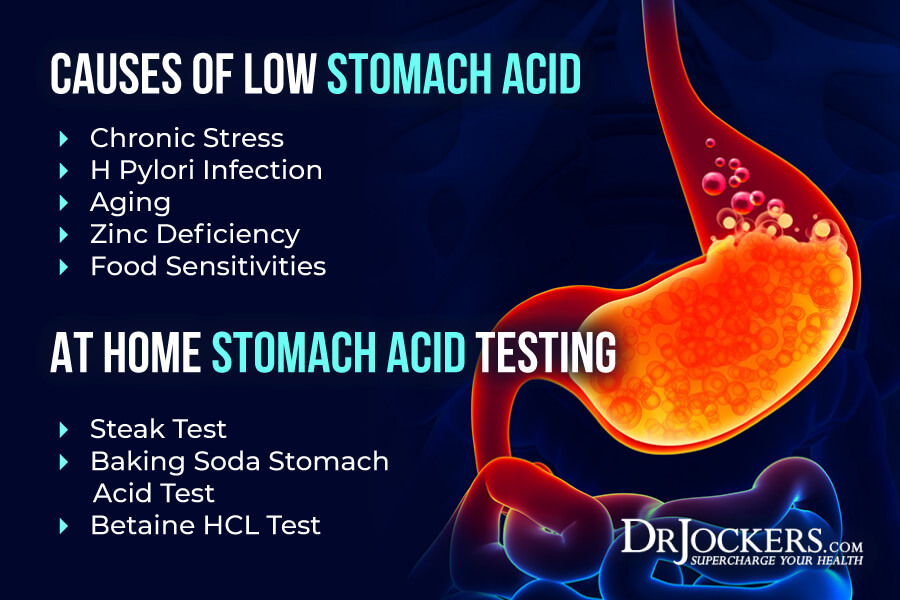 A faulty stomach valve allows acid and stomach contents to escape and cause a burning sensation. About 60 million Americans suffer from this disease at least once a month. Approximately 15 million Americans suffer from it daily. Eating spicy foods and overeating are common triggers for this symptom. Indigestion is another name for heartburn
A faulty stomach valve allows acid and stomach contents to escape and cause a burning sensation. About 60 million Americans suffer from this disease at least once a month. Approximately 15 million Americans suffer from it daily. Eating spicy foods and overeating are common triggers for this symptom. Indigestion is another name for heartburn
Lower Esophageal Sphincter
When you swallow food, it travels down your esophagus and passes through a muscular ring known as the lower esophageal sphincter (LES). This structure opens up to allow food to pass into the stomach. It must remain closed so that the contents of the stomach remain in place. If the valve is weak or damaged in any way, it may open and allow stomach contents and acid to move back up, or reflux, into the esophagus. Acid reflux causes a burning sensation
What causes a valve failure?
In some people, the lower esophageal sphincter relaxes at the wrong time or weakens. This allows the contents of the stomach to exit and move up the esophagus. This causes burning, irritation and pain. Surprisingly, not all people with acid reflux experience a burning sensation. In other cases, burning in the chest and abdomen is not caused by reflux, but by another disease. Sometimes chest pain can be due to a heart attack or other serious illness. Acid reflux is the main symptom of gastroesophageal reflux disease (GERD), but GERD is accompanied by other symptoms such as nausea, dry cough, hoarseness, sore throat, difficulty swallowing, and feeling of a lump in the throat. Seek medical attention if you experience pain, burning, or irritation in your chest or abdomen
This causes burning, irritation and pain. Surprisingly, not all people with acid reflux experience a burning sensation. In other cases, burning in the chest and abdomen is not caused by reflux, but by another disease. Sometimes chest pain can be due to a heart attack or other serious illness. Acid reflux is the main symptom of gastroesophageal reflux disease (GERD), but GERD is accompanied by other symptoms such as nausea, dry cough, hoarseness, sore throat, difficulty swallowing, and feeling of a lump in the throat. Seek medical attention if you experience pain, burning, or irritation in your chest or abdomen
What are the symptoms of GERD?
Gastroesophageal reflux disease (GERD) is a disease in which the main symptom (burning or discomfort in the chest) is caused by acid reflux. This reflux causes a burning sensation in the chest, usually after eating. An attack can last up to several hours. Lying down and bending over can make symptoms worse. Severe reflux can cause additional symptoms, including difficulty swallowing, a feeling that something is stuck in the throat or chest, or a sour taste in the back of the throat. Reflux can cause shortness of breath, asthma attacks, and a chronic cough. Chest pain caused by reflux can mimic the chest pain that occurs with a heart attack. If you are unsure whether reflux and chest pain are related, see your doctor. Usually a doctor can easily diagnose reflux by asking the patient to describe their symptoms
Reflux can cause shortness of breath, asthma attacks, and a chronic cough. Chest pain caused by reflux can mimic the chest pain that occurs with a heart attack. If you are unsure whether reflux and chest pain are related, see your doctor. Usually a doctor can easily diagnose reflux by asking the patient to describe their symptoms
Who gets heartburn?
Heartburn can affect anyone at any age, but certain factors increase the likelihood of heartburn. Risk factors can weaken or damage the LES. Other factors can also affect the amount of stomach acid produced. Pregnant women, people who are overweight or obese, and those who smoke or are exposed to secondhand smoke are at increased risk. Some drugs increase the risk. Even wearing too tight clothes can increase the risk of reflux
Do you have GERD or something else?
Intermittent heartburn is not usually a concern, but severe, persistent acid reflux can be dangerous. Severe heartburn that occurs at least twice a week may indicate GERD that needs to be treated.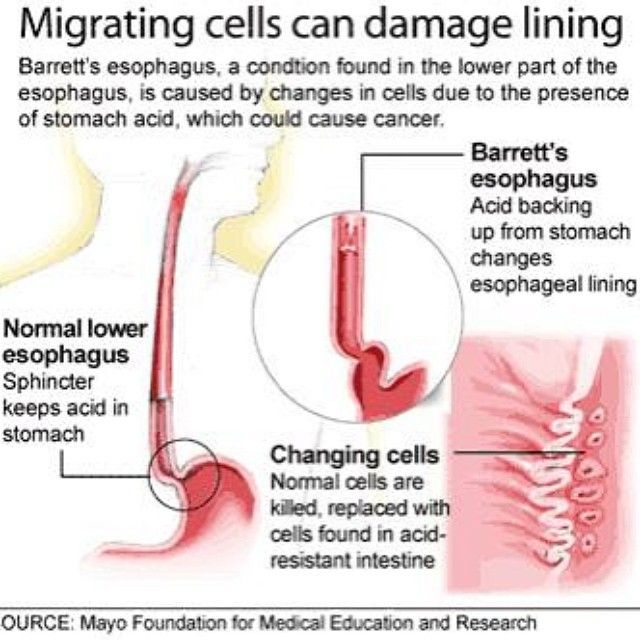 Chronic GERD can lead to ulcers, scarring, and inflammation in the esophagus. It can also lead to changes in the cells that line the esophagus. This disease is known as Barrett's esophagus and increases the risk of esophageal cancer
Chronic GERD can lead to ulcers, scarring, and inflammation in the esophagus. It can also lead to changes in the cells that line the esophagus. This disease is known as Barrett's esophagus and increases the risk of esophageal cancer
Do you have night symptoms?
Nighttime heartburn can be especially dangerous. Waking up with a sour taste in your mouth, a cough, or a sore throat may indicate nocturnal acid reflux. This not only disrupts sleep, but can also cause more damage to the esophagus. Because when you lie down for hours, the acid has a long time to linger in the esophagus and damage the tissues. When we are awake, we swallow saliva during the day. Saliva helps neutralize stomach acid. During sleep, we naturally swallow less saliva, so the acid in the stomach is not neutralized
Home remedies for heartburn
There are many things you can do to prevent heartburn symptoms at home. Eat small meals to avoid overeating. Do not eat for 3-4 hours after sleeping. Give yourself enough time to digest your food so that the contents of your stomach cannot go back up your esophagus at night. Don't eat late at night. You want to go to bed with an empty stomach. If you eat before bed, acid and food can enter your esophagus when you lie down and cause a burning sensation. Raise the head of the bed about 6-8 inches. This will allow gravity to work in your favor and help the contents of the stomach stay in place
Give yourself enough time to digest your food so that the contents of your stomach cannot go back up your esophagus at night. Don't eat late at night. You want to go to bed with an empty stomach. If you eat before bed, acid and food can enter your esophagus when you lie down and cause a burning sensation. Raise the head of the bed about 6-8 inches. This will allow gravity to work in your favor and help the contents of the stomach stay in place
Change your diet
The foods you eat can cause digestive discomfort. If you are prone to acid reflux, avoid spicy foods, acidic foods, and other reflux-inducing foods as they relax the LES. Known reflux-inducing foods include tomatoes, garlic, citrus fruits, onions, chocolate, mint, and fatty foods. Avoid alcohol. You may be able to tolerate normally spicy foods if you reduce their spiciness. Choose milder versions of your favorite spicy foods that are less likely to trigger symptoms
Choose your drinks wisely
Just as foods can trigger heartburn symptoms, so can certain drinks.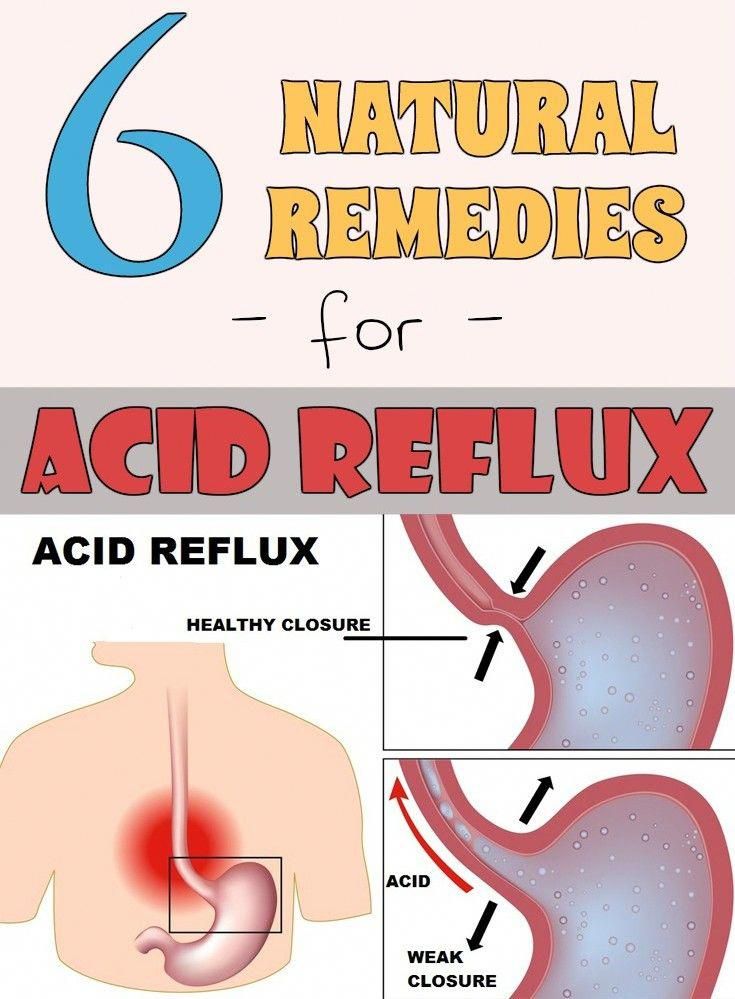 Tomatoes and citrus fruits can trigger reflux, as can juices made from these foods. Do not drink tomato juice, orange juice, or grapefruit juice. Other drinks that can trigger reflux include tea, coffee, alcohol, soda, and carbonated drinks. All people are different. Some people can consume these drinks without problems, but some may find that drinking them causes symptoms. Others can consume these drinks in moderation without compromising their condition. Experiment a little and do what works for you
Tomatoes and citrus fruits can trigger reflux, as can juices made from these foods. Do not drink tomato juice, orange juice, or grapefruit juice. Other drinks that can trigger reflux include tea, coffee, alcohol, soda, and carbonated drinks. All people are different. Some people can consume these drinks without problems, but some may find that drinking them causes symptoms. Others can consume these drinks in moderation without compromising their condition. Experiment a little and do what works for you
Exercise wisely
Getting enough physical activity is essential for overall health, but the types of physical activity you do can affect acid reflux symptoms. Exercise that increases abdominal pressure can force stomach contents back up into the esophagus. Yoga poses that flip the body, such as ‘upside down dog’ and headstand, can trigger symptoms. Abdominal exercises such as crunches also increase intra-abdominal pressure and can cause reflux. Exercise is great. Just make sure you choose exercises that keep your stomach contents where they belong
Make gravity work for you
People spend about a third of their lives sleeping.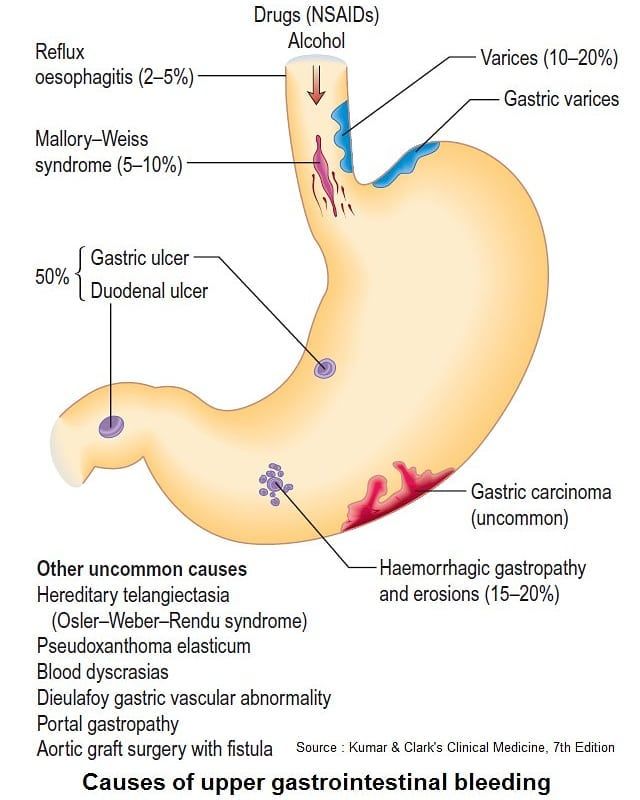 Nocturnal reflux is especially dangerous because during sleep, stomach acid can contact the esophagus for many hours, damaging and destroying its tissues. Sleep so that gravity works for you and keeps the acid in your stomach. Place wooden planks under the mattress head to raise your head about 6-8 inches. Other good ways to elevate your head are to sleep on a wedge pillow or to sleep with multiple pillows under your head. You may also notice that sleeping on your left side is better at preventing reflux than sleeping on your right side
Nocturnal reflux is especially dangerous because during sleep, stomach acid can contact the esophagus for many hours, damaging and destroying its tissues. Sleep so that gravity works for you and keeps the acid in your stomach. Place wooden planks under the mattress head to raise your head about 6-8 inches. Other good ways to elevate your head are to sleep on a wedge pillow or to sleep with multiple pillows under your head. You may also notice that sleeping on your left side is better at preventing reflux than sleeping on your right side
What you wear matters too
Lifestyle changes can have a surprising effect on acid reflux symptoms. The clothes you wear can affect your symptoms. Tight clothing puts pressure on the abdomen and can force acid and food in the stomach up into the esophagus. Avoid wearing tight pants, belts, tight clothes, and clothes that put pressure on your stomach. Wear loose-fitting trousers, shirts, and other types of clothing to give yourself enough space for your digestive system to function properly.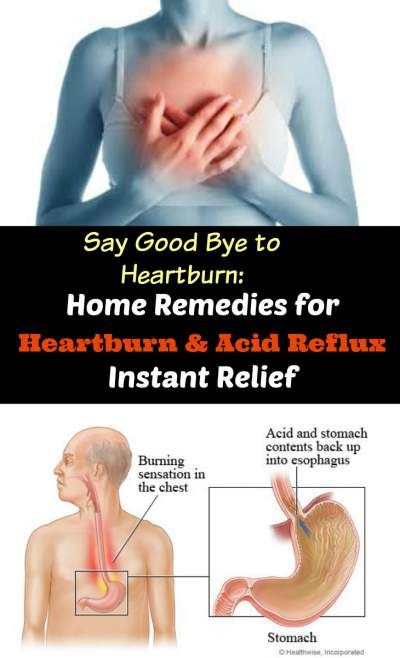 These styles can also help prevent reflux
These styles can also help prevent reflux
Manage symptoms during pregnancy
Approximately 30-50% of women complain of heartburn during pregnancy. Symptoms usually worsen in the second and third trimesters, when a woman's belly enlarges the most. Increased intra-abdominal pressure and hormonal changes during pregnancy increase the risk of heartburn and acid reflux. Some women can achieve symptom relief by making lifestyle changes. This includes eating several small meals a day instead of three large main meals. Pregnant women should not eat fried or spicy foods. Pregnant women should not lie down immediately after eating. While there are several over-the-counter medications available to treat heartburn symptoms, pregnant women should check with their doctor before taking medications to make sure they are safe for the fetus.0007
Antacids to relieve heartburn
Antacids are medicines that neutralize stomach acid. They are one type of over-the-counter pain reliever.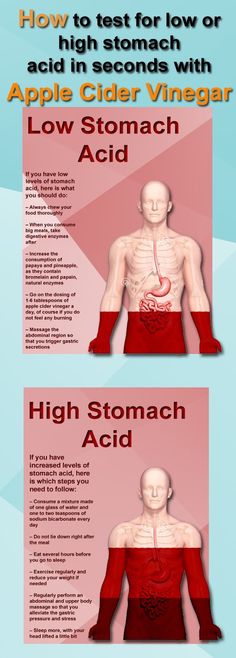 Rolaids, Maalox, and Mylanta are several types of over-the-counter antacids. Antacids are a good option if you have recurrent heartburn and mild symptoms and discomfort. Take these medicines as directed and do not exceed the recommended dose. Do not overuse antacids or take more of them than directed on the label, as this can lead to side effects including constipation or diarrhea. If you suffer from severe heartburn or heartburn for a long time, antacids may not be an appropriate treatment option
Rolaids, Maalox, and Mylanta are several types of over-the-counter antacids. Antacids are a good option if you have recurrent heartburn and mild symptoms and discomfort. Take these medicines as directed and do not exceed the recommended dose. Do not overuse antacids or take more of them than directed on the label, as this can lead to side effects including constipation or diarrhea. If you suffer from severe heartburn or heartburn for a long time, antacids may not be an appropriate treatment option
What are h3 blockers?
h3 blockers are another treatment option for heartburn. They are available over-the-counter and by prescription. As their name suggests, they block the production of stomach acid. To be most effective, h3 blockers should be taken 30 minutes before meals. Some doctors may recommend taking an h3 blocker and an antacid at the same time to control symptoms. Another benefit of h3 blockers is that they help heal the esophagus by reversing the damage caused by stomach acid.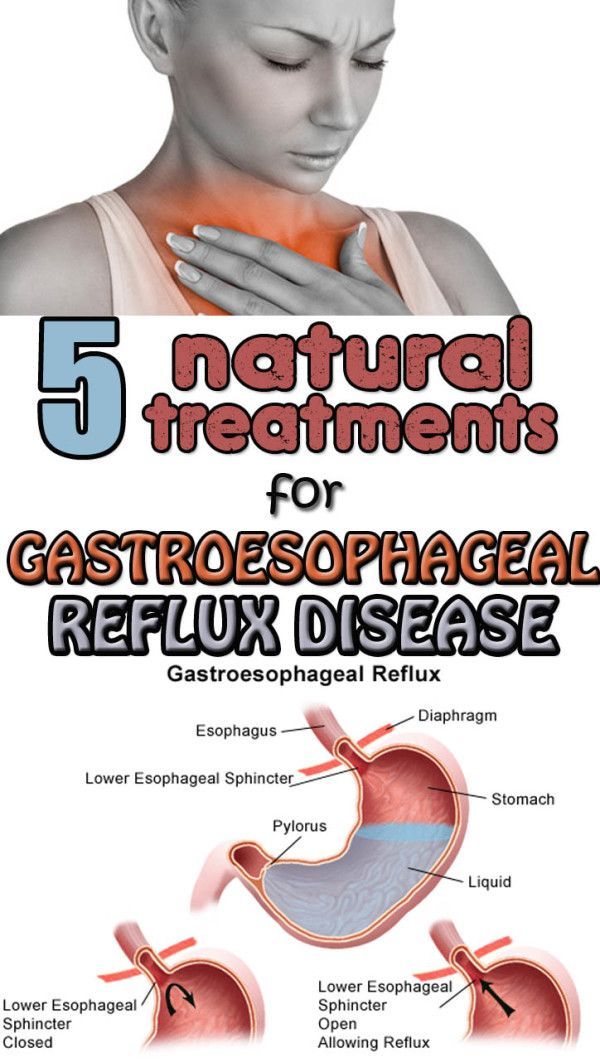 Examples of h3 blockers include ranitidine (Zantac), cimetidine (Tagamet), nizatidine (Axid), and famotidine (Pepcid)
Examples of h3 blockers include ranitidine (Zantac), cimetidine (Tagamet), nizatidine (Axid), and famotidine (Pepcid)
What are proton pump inhibitors (PPIs)?
Proton pump inhibitors are medicines that reduce the amount of acid produced in the stomach. They are more effective at relieving heartburn than h3 blockers. They also promote healing of the esophagus better. These drugs are sold both over-the-counter and by prescription. They must be taken on an empty stomach. Examples of PPIs are lansoprazole (Prevacid), pantoprazole (Protonix), esomeprazole (Nexium), omeprazole (Prilosec, Zegerid), and rabeprazole (AcipHex). PPIs should not be taken long-term or at high doses as they are associated with an increased risk of wrist, spine, and hip fractures
Which heartburn remedy is right for you?
The type of heartburn treatment that's right for you depends on a number of factors. Important factors are the frequency and severity of symptoms. Some medicines relieve current symptoms, while other medicines are designed to prevent symptoms before they occur.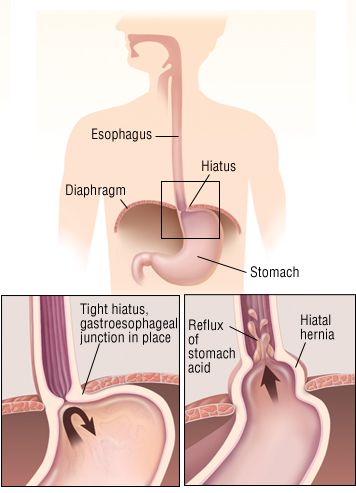 If you are not sure which heartburn remedy you should take, discuss it with your doctor. Your doctor can evaluate your condition and take into account any additional medical conditions you may have and medications you may be taking and make appropriate treatment recommendations
If you are not sure which heartburn remedy you should take, discuss it with your doctor. Your doctor can evaluate your condition and take into account any additional medical conditions you may have and medications you may be taking and make appropriate treatment recommendations
In our articles we use only verified foreign sources
Sources:
- American Gastroenterological Association: “GERD.
- Gastroenterology & Hepatology: “Treatment of Gastroesophageal Reflux Disease During Pregnancy.
- National Institute of Diabetes and Digestive and Kidney Diseases: “Acid Reflux (GER & GERD) in Adults.
- World Journal of Gastroenterology: “Body Weight, Lifestyle, Dietary Habits and Gastroesophageal Reflux Disease. nine0103
Acid reflux (gastroesophageal reflux disease): causes, symptoms and treatment
highlights
- gastric juice that the stomach produces into the esophagus can move and cause irritation.
 This movement is known as acid reflux.
This movement is known as acid reflux. - gastroesophageal reflux disease GERD is a digestive disease characterized by the frequent occurrence of acid reflux.
- Acid reflux can be caused by a variety of lifestyles, eating habits, or medical conditions. nine0103
- Many treatments, surgical procedures and home remedies are available. For the treatment of acid reflux.
- Lifestyle and dietary changes may help manage GERD/acid reflux.
- Pregnant women and children are more likely to develop gastroesophageal reflux disease.
Acid reflux is the backflow of stomach acid from the stomach into the esophagus. The acid causes a burning sensation in the chest called heartburn.
The esophagus or food tube is the tube that connects the mouth and stomach. Submerged food enters this tube due to the peristaltic movement (involuntary wave-like contractions) of the muscles of the esophagus. nine0003
A valve known as the lower esophageal sphincter (LES) is located at the narrower end of the esophagus where the esophagus meets the stomach.
The LES opens only when the contents of the food must enter the stomach. The closed position of the valve prevents backflow of stomach contents into the esophagus.
Sphincter function can be impaired for various reasons. When this happens, the valve cannot prevent stomach contents from entering the esophagus, resulting in acid reflux. nine0003
Gastroesophageal reflux disease (GERD) is a chronic disease in which acid reflux occurs several times a week. It can occur in people of any age and requires timely treatment. Untreated cases are associated with health complications that often require surgery.
Causes of gastroesophageal reflux disease
A defect in the lower esophageal sphincter (LES) is the most common cause of acid reflux and gastroesophageal reflux disease. Other causes that may contribute to the development of GERD include:
- ا Acid content: Increased stomach acid can cause GERD. This increase may be due to an overproduction of acid in the stomach or improper emptying of acidic juices and acid.
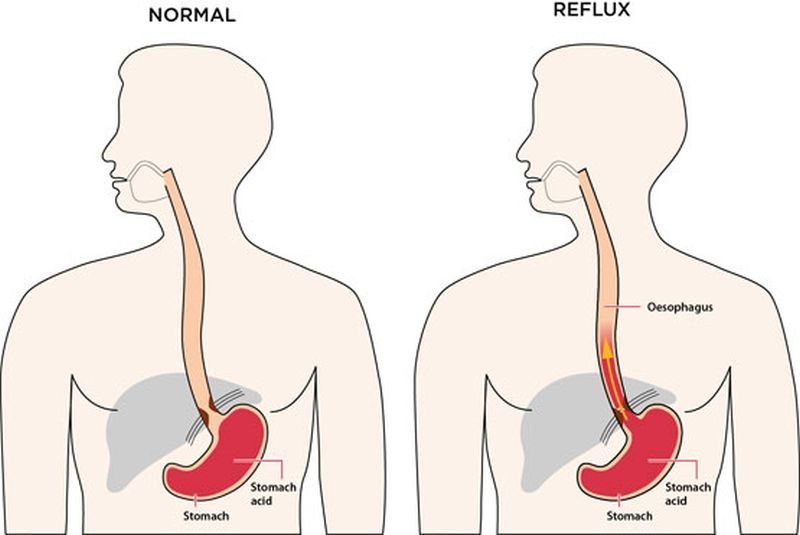 Insufficient acid levels can also contribute to the development of GERD.
Insufficient acid levels can also contribute to the development of GERD. - Diet : Eating foods high in citrus fruits, fats or spices may cause acid reflux. Drinking caffeine and chocolate can also increase your chances of developing GERD. An empty stomach for a long time also causes acid reflux. nine0103
- Lifestyle: Eating large amounts of food at one meal or just before bed can increase the risk of GERD. Alcohol abuse and smoking can exacerbate the problem. Wearing tight clothing can put pressure on the stomach and cause acid reflux.
- Hiatal hernia: The esophagus passes through the diaphragm, under which is the stomach. The diaphragm and LES are at the same level, which allows the diaphragm to help close the LES. nine0103
A hiatal hernia causes a hole in the diaphragm to swell, through which the upper part of the stomach passes into the chest cavity. This repositioning prevents the diaphragm from impacting the LES and prevents the LES from functioning.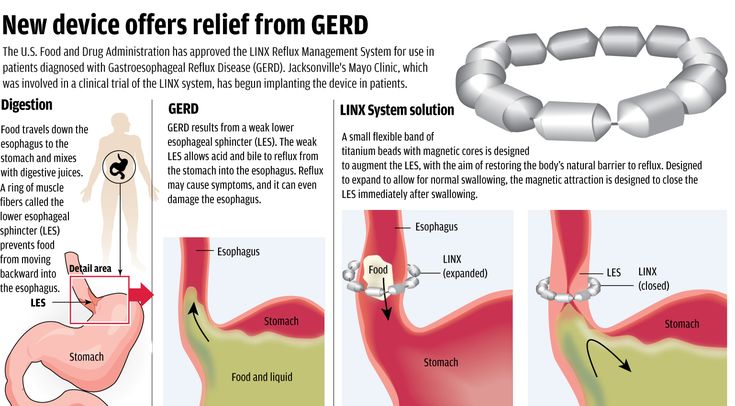
- obesity : Excess fat in obese people can put pressure on the stomach and force out the IVC. It can also put pressure on the valve, causing it to open and cause acid reflux.
- Pharmaceutical Acid reflux may be a side effect of the following medicines:
- Anticholinergics for motion sickness
- Bronchodilators for asthma
- Beta-blockers for heart disease
- Dopamine drugs for Parkinson's disease
- Sedatives for insomnia or anxiety
- Calcium channel blockers for high blood pressure
- Tricyclic depression
- birth control progestin
- disease Research shows a link between gastroesophageal reflux disease and diabetes mellitus و asphyxia. may prevent complications of diabetes from emptying the stomach; This phenomenon is known as gastroparesis and can cause acid reflux. The relationship between asthma and reflux has not been established.
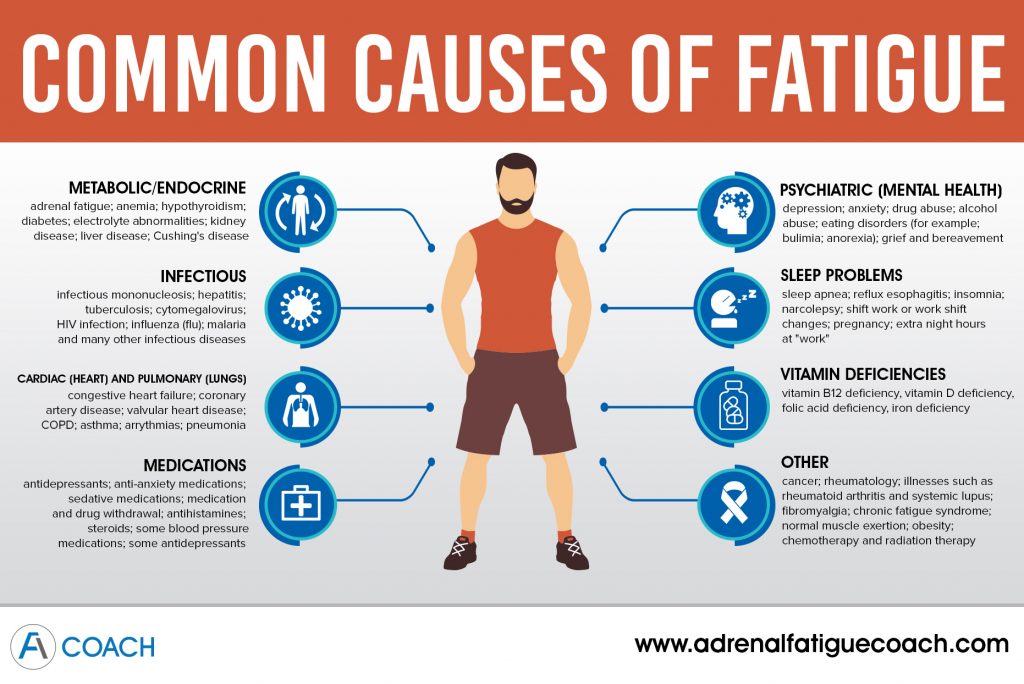
- Food tube problems: In some cases, the esophagus may become too sensitive and unable to push acids into the stomach. nine0103
Symptoms of gastroesophageal reflux disease
Heartburn is the most common symptom of GERD, sometimes you may feel like there is acid in your throat. Different age groups may experience different symptoms along with the classic symptoms.
In adults:
- Bloating due to gas retention in the digestive system
- Chronic cough due to acid irritation in the throat or esophagus
- Dysphagia or difficulty swallowing due to pain and burning in the esophagus
- Chest pain due to spasms of the esophagus due to damage to the esophagus caused by acid
- Nausea and reflux (reflux of gastric juices and undigested food into the mouth)
- Shortness of breath and wheezing
- Hoarseness and other voice problems
In children:
- belching
- lack of appetite
- abdominal pain
- Frequent nausea and vomiting
- Hiccup
- Cough and cold
- vomiting and choking
- whistle
- Sore throat
- bad breath
- ear infections
- caries
Diagnosis of gastroesophageal reflux disease
GERD can be diagnosed based on your symptoms and medical history.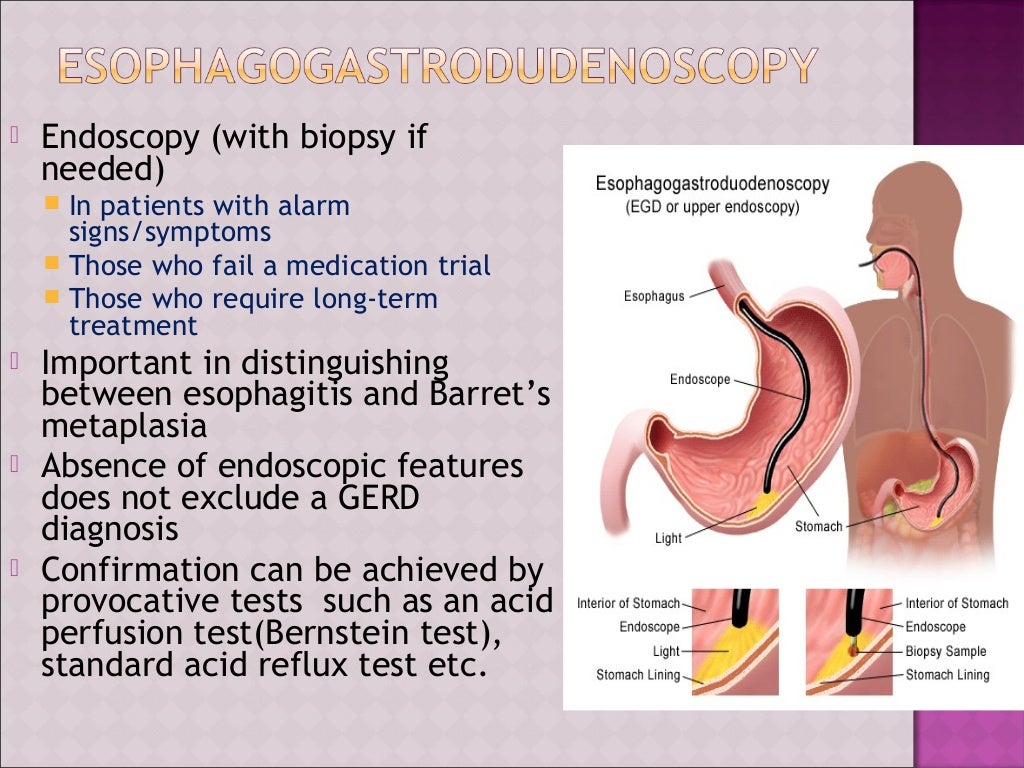 If you have typical symptoms, your doctor may recommend certain tests.
If you have typical symptoms, your doctor may recommend certain tests.
The following tests can confirm the diagnosis of GERD:
- Mobile acid probe test: A small tube with a pH probe is inserted into the esophagus through the nose. The pH sensor is at the LES level and reads the pH for 24 hours.
During acid reflux, the probe will detect and record acidic pH on a small computer attached to your waist. The data collected is used to diagnose GERD.
Another variation of this test involves using a wireless pH probe that can be attached to the inner wall of the esophagus. This probe measures pH and transmits the data to a laptop computer. The probe falls out after two days and is excreted in the feces. nine0003
- X-ray: This test involves swallowing a calcareous white liquid barium that coats the lining of the digestive tract. Then an x-ray is taken. Barium absorbs x-rays and appears white on film, giving a clear picture of the inside of the esophagus.

The doctor uses an x-ray to check for any structural abnormalities in the digestive system.
- Endoscopy: A thin tube is inserted into the esophagus for this test. The tube contains a small camera that allows the doctor to look inside the upper digestive tract. The doctor may also take a sample for a biopsy. nine0103
- Esophageal Motility Test (Manometry) : This test involves inserting a thin tube through the nose into the esophagus to measure the level of pressure in the esophagus. It also measures the movement of the muscles in the esophagus.
Treatment of gastroesophageal reflux disease (GERD)
GERD can usually be treated with medication. However, treatment for GERD may require long-term medication as it is a chronic disease.
If drug therapy fails to control GERD, surgical procedures may be required. Sometimes people who don't want to take medication for life may choose to have surgery. Small lifestyle changes can also help solve the problem. nine0003
Small lifestyle changes can also help solve the problem. nine0003
1. Pharmacotherapy
Severe acid reflux requires medical treatment, which includes the use of acid-suppressing drugs and prokinetic drugs (drugs that stimulate movement of the esophagus).
The following classes of OTC drugs may be used to treat acid reflux:
- antacids : These drugs help neutralize low pH levels in the stomach. Antacids can be used for quick relief. However, their action is short-lived, and acid production may increase as antacids leave the stomach. nine0103
This increase occurs in response to hormonal and nerve signals produced by low acid levels.
- H2 blockers: These medicines work by reducing acid production for up to 12 hours. Long-acting drugs can be obtained by prescription.
- Proton pump inhibitors: Like H2 receptor blockers, these drugs block acid production. They are stronger and also help relieve throat damage.
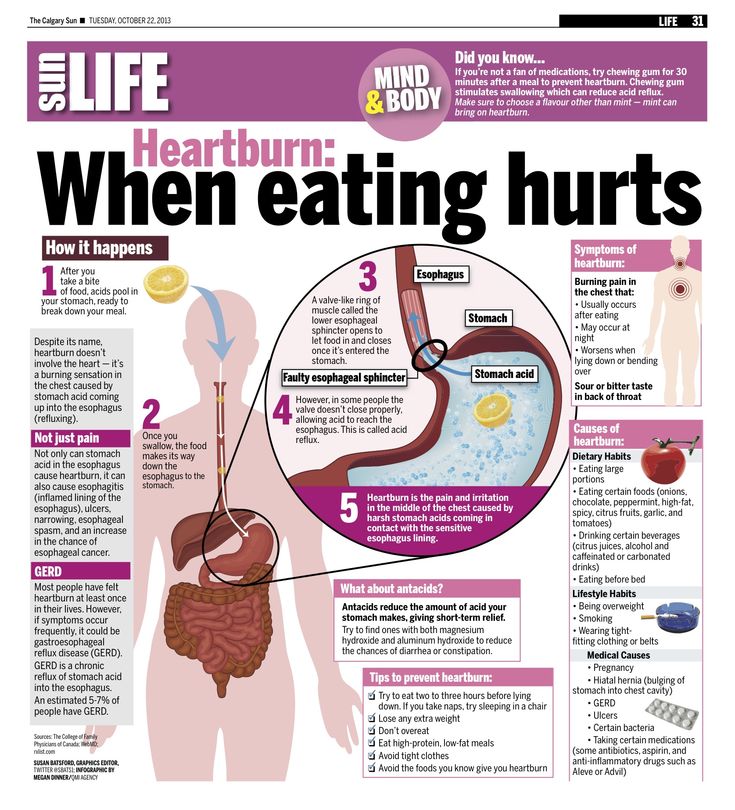 nine0103
nine0103
2. Surgical treatment
If medication does not help, surgery is recommended. Complications such as lung disease, developmental disorders, or esophagitis (damage to the esophagus due to acid exposure) may increase the need for surgery.
Gastroesophageal reflux disease (GERD) is most commonly treated with an operation against the flow of blood, known as a fundoplication.
In this procedure, part of the stomach (fundus) is wrapped around the lower part of the esophagus. This can be done by making a large or several small incisions (laparoscopic surgery). If necessary, the stomach can be connected to a feeding tube. nine0003
Self Care Tips for Acid Reflux and Gastroesophageal Reflux Disease
Small changes in your diet and lifestyle can help manage acid reflux and GERD. These include:
- Eating habits: Eating healthy and avoiding foods that can cause acid reflux can help relieve symptoms. Because GERD is linked to obesity, weight loss can help alleviate this problem.
 nine0103
nine0103
It is recommended to eat small meals at regular intervals, as having only two or three meals when you eat a large amount of food at a time increases the chance of acid reflux. Don't lie down immediately after eating. Allow at least 90 minutes before lying down after eating.
- Avoid smoking and alcohol: The nicotine in tobacco relaxes the LES muscles and prevents the valve from closing. This avoids frequent acid reflux and heartburn. Drinking alcohol can worsen GERD symptoms. nine0103
- Change your sleeping position: Acid reflux is worse when lying down because gravity can no longer pull the acid down. Sleeping with your head up 6 inches can prevent acid reflux. You can also tilt your bed by raising the headboard, placing blocks under the legs, or a wedge under the mattress.
- Relieve stomach pressure: Do not wear tight clothing or lie down immediately after eating. Avoid using multiple pillows under your head as this can also increase pressure on your stomach.
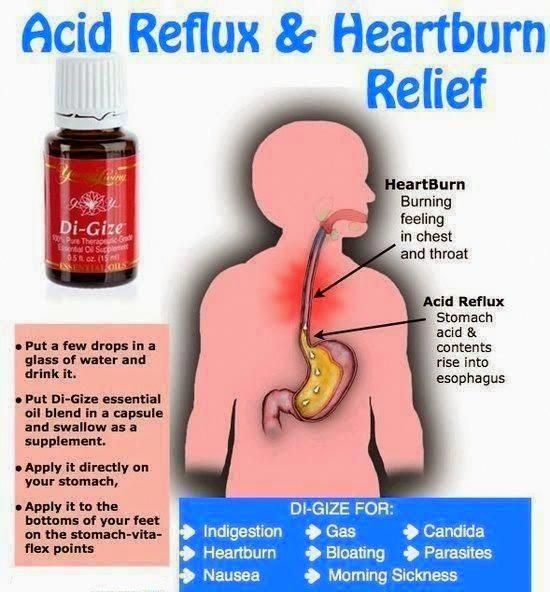 nine0103
nine0103 - Baking soda uses: The alkaline property of baking soda can provide temporary relief from acid reflux. It works by neutralizing the pH of your stomach, similar to antacids.
Do not use baking soda regularly without consulting your doctor. It contains a lot of sodium and may interfere with the absorption of other drugs.
No studies have supported the use of baking soda to treat acid reflux. Do not use it if you are on a low sodium diet. Pregnant women should avoid consuming baking soda, as it can cause fluid buildup, which can harm the baby. nine0003
- Take apple cider vinegar: Drinking apple cider vinegar diluted with water may help reduce stomach acidity, although more research is needed to confirm this claim. Vinegar should be used in small quantities.
Do not use undiluted vinegar because the acidity can dissolve teeth. I should Diabetics Avoid using it as apple cider vinegar can affect insulin levels. nine0003
nine0003
- Drink ginger tea: Ginger is used to relieve many stomach disorders, including stomach pain and acid reflux.
Boiling ginger root in water for half an hour and drinking this tea before meals can help treat GERD. Before drinking tea, make sure you are not allergic to ginger. ginger.
Acid Reflux & GERD Home Remedies
1. Aloe Vera Juice
Cactus Widely known as a medicinal plant. Its active compounds may regulate genetic and metabolic activity. This plant has long been used as a remedy for the prevention and control of many diseases. nine0003
A randomized controlled trial tested the effectiveness of aloe vera in the treatment of GERD. Seventy-nine patients received a dose of aloe vera syrup for 4 weeks. The results showed that aloe vera treatment is effective and safe in relieving symptoms associated with gastroesophageal reflux disease.
A quarter cup of aloe vera juice before every meal can help treat GERD. Do not abuse it as it can act as a laxative. nine0003
Do not abuse it as it can act as a laxative. nine0003
More research is needed to evaluate the role of aloe vera in the treatment of GERD. Aloe vera should not be used as the sole treatment. Seek medical attention if symptoms persist.
2. Probiotics
An imbalance of bacteria living in the gut can contribute to acid reflux. Probiotics, which are good bacteria for the digestive system, can help restore gut balance.
Acid reflux or long-term use of drugs to treat GERD can disrupt the microflora in the gut and cause digestive problems such as functional dyspepsia. (8) To prevent this, it is recommended to take probiotics regularly. nine0003
Probiotics are available as dietary supplements. Natural yogurt and kimchi are also probiotic-rich foods that can be consumed daily. However, excessive consumption of probiotics can improve digestion and cause discomfort.
If you complain of frequent acid reflux, it is recommended to seek medical attention.
3.
 Chewing gum
Chewing gum chew Chewing gum Helps increase saliva secretion. Excess saliva neutralizes acid, flushes it out, and soothes the esophagus. You should avoid using mint flavored gum because it can cause heartburn. nine0003
A 2015 study evaluated the use of Gutsy Gum, which was made specifically to relieve the symptoms of GERD. The gum consists of licorice extract, calcium carbonate, apple cider vinegar and papain.
In this double-blind, placebo-controlled study, 24 GERD patients received reflexology nutrition followed by either chewing gum or chewing gum. The results of the study support the use of chewing gum to relieve symptoms of GERD. Gutsy Gum gave better results than fake chewing gums. nine0003
You can chew sugar-free gum or chewing gum. cinnamon After eating, it relieves you of acid reflux. Avoid mint-flavored chewing gum, as mint helps to relax the LES.
Clinical treatment is necessary to relieve the problem of acid reflux because chewing gum only works on its symptoms.
Diet changes to treat acid reflux
Certain food groups can help relieve symptoms of GERD. There are also foods that can cause acid reflux. nine0003
Acid reflux relief foods include:
- Includes banana Low in acid and high in fiber. It can coat the lining of the esophagus and relieve irritation and discomfort. The fiber in bananas can help fight indigestion.
- Watermelon Rich in magnesium, it is widely used in medicines used to treat acid reflux. Watermelon is alkaline, like a banana.
- Oats It is rich in fiber and promotes digestive health. Helps fight reflux and constipation. This makes your stomach feel full. As a result, you avoid overeating, thereby preventing spitting up. nine0103
- Green vegetables such as kale, spinach, asparagus, and Brussels sprouts are low in fat and sugar, which prevents excess stomach acid production. This vegetable also helps reduce acid reflux because it is highly alkaline.

- Milk and dairy products may be consumed for convenience. Consuming yogurt helps to balance the intestinal flora.
- Protein-rich foods such as beans, lean meats and meat alternatives, soft fish, and eggs are helpful for people with acid reflux. nine0103
- A gluten-free diet is recommended to relieve symptoms associated with GERD. It also helps prevent acid reflux, which can cause gut damage in celiac patients.
Foods to avoid with GERD:
- Citrus fruits such as orange وtomatoes It is high in acid, which can lead to acid reflux.
- Fatty foods such as cheese, ribs, pizza and potatoes can cause heartburn. A high fat content can also cause obesity, which puts more stress on the stomach and LES. nine0103
- Spicy food may worsen symptoms associated with GERD. It is also recommended to avoid garlic and onions.
- Coffee may stimulate acid secretion and may also impair LES function.
- Alcohol and chocolate can relax LES muscles and stimulate acid reflux.

- Soft drinks can cause bloating and increase pressure on the lower esophageal sphincter.
Gastroesophageal reflux disease and pregnancy
The development of GERD during pregnancy is very common. Pregnant women often experience heartburn, and GERD symptoms can worsen over time.
Hormonal changes associated with pregnancy can impair the functioning of the digestive system and slow down esophageal motility. In addition, an increase in the size of the uterus increases pressure on the stomach and pushes acid into the esophagus.
Although GERD is common during pregnancy, it rarely causes any complications. In general, the symptoms disappear after childbirth. nine0003
gastroesophageal reflux disease in infants
Reflux or regurgitation in infants is common. However, some infants may have childhood gastroesophageal reflux disease, which presents with the following symptoms:
- Malnutrition
- vomiting
- irritation
- Breathing problems
If your child has these symptoms, contact your pediatrician as soon as possible.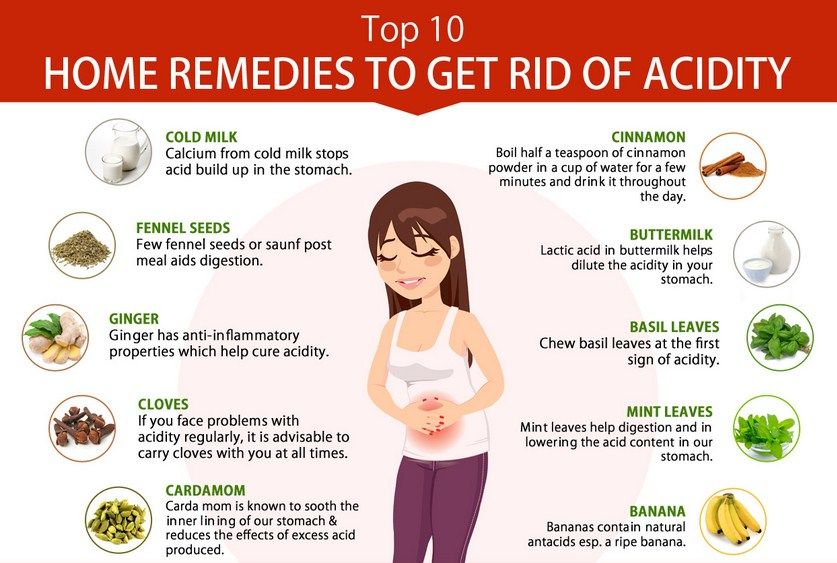 Your doctor may suggest simple changes to your daily routine and some medications that will help you manage your illness easily. nine0003
Your doctor may suggest simple changes to your daily routine and some medications that will help you manage your illness easily. nine0003
Possible complications of gastroesophageal reflux disease
Severe cases of GERD with frequent acid reflux can cause complications, including:
- Esophagitis: Repeated exposure to acid can cause inflammation of the esophagus, also known as esophagitis. The acid destroys the lining of the esophagus and causes ulcers. If esophagitis is left untreated, it can increase the risk of cancer.
- Esophageal strictures: Abnormal narrowing of the esophagus due to fibrosis, inflammation, or swelling is known as esophageal stricture, causing problems with swallowing. Esophageal strictures must be treated immediately, as they can damage the mucosa and mucosal layers. nine0103
- Barrett's esophagus: Prolonged esophagitis due to GERD can lead to the development of Barrett's esophagus, in which the lining of the esophagus slowly changes to resemble that of the small intestine.

Risk factors for GERD
Specific factors that increase the risk of GERD in people include:
- Diaphragmatic hernia
- obesity
- pregnancy
- cystic fibrosis
- smoked nine0102 drinking alcohol
- suffocation
- Eating fatty and spicy foods
- Gastrointestinal anomalies due to systemic scleroderma
- Eating habits such as eating before bed and eating large amounts of food at one time.
General inquiries
Is GERD hereditary?
GERD is associated with many risk factors, including genetics. Genes play an important role in the development of GERD and related complications such as adenocarcinoma of the esophagus and Barrett's esophagus. nine0003
A 2002 study examined the effect of genotype on GERD. The higher incidence of GERD among monozygotic twins compared to dizygotic twins proves that GERD is genetically related.
Further research is needed to evaluate the role of specific genes.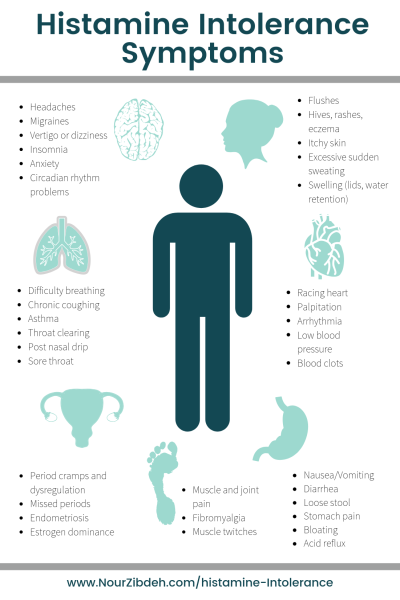 A detailed study of these genes can help develop screening tools or biomarkers. It will also provide new therapeutic methods to fight the disease.
A detailed study of these genes can help develop screening tools or biomarkers. It will also provide new therapeutic methods to fight the disease.
What is the difference between GERD and heartburn? nine0100
The upward movement of acid from the stomach into the esophagus is called reflux. Heartburn is a burning sensation in the chest due to the presence of acid and is a symptom of reflux. GERD is a chronic disease that often causes acid reflux.
Is GERD related to obesity?
Studies have shown that obesity increases the chances of developing GERD. Complications associated with GERD, including erosive esophagitis, adenocarcinoma of the esophagus, and Barrett's esophagus, are also common in obese people. Weight loss may help manage GERD, although this claim has yet to be proven. nine0003
How does gastroesophageal reflux disease affect sleep?
Lying in bed during reflux can cause stomach contents to reflux into the mouth. The presence of acid in the throat when lying down causes irritation and disrupts sleep.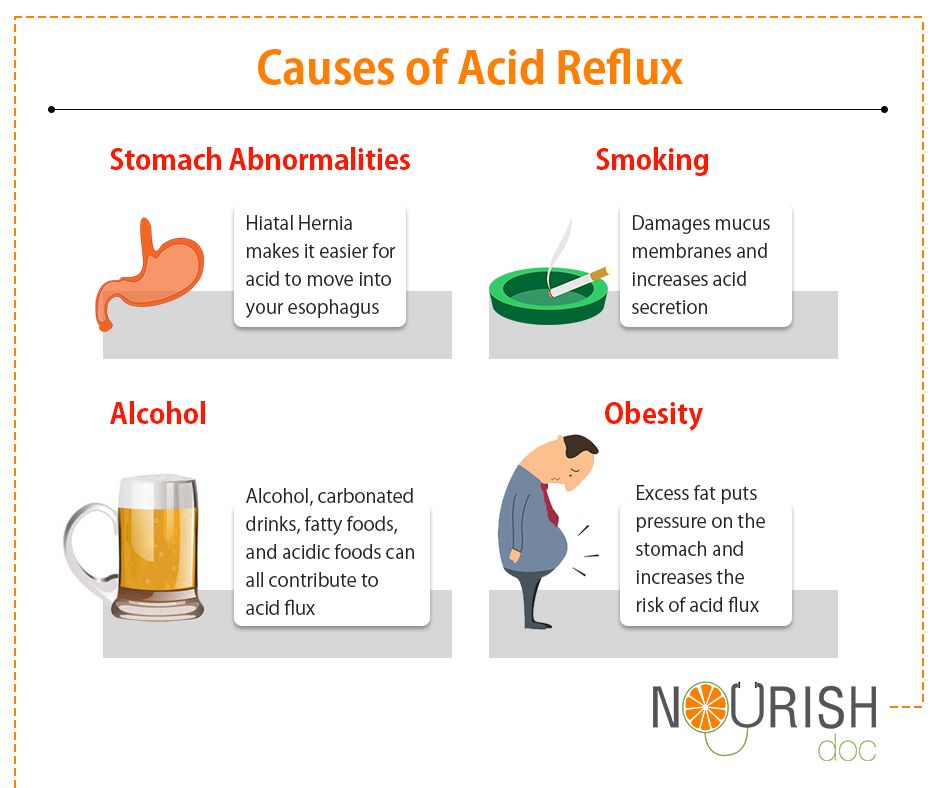 Epidemiological evidence also shows that GERD causes sleep disturbance.
Epidemiological evidence also shows that GERD causes sleep disturbance.
This backflow during the day is prevented by gravity when you sit and stand upright. Gravity pulls the contents of the stomach in and keeps it from rising above the midsection during reflux. nine0003
Does GERD cause cough and sore throat?
Acid reflux during the night can reach the throat and cause irritation and soreness, resulting in coughing (a reflex action to cough up).
It is recommended to avoid eating and drinking late at night to prevent sore throat and cough caused by acid reflux.
When will you see a doctor?
Acid reflux can usually be controlled with lifestyle changes, diet, and over-the-counter medications. If these treatments do not relieve symptoms, it is recommended that you seek medical attention. nine0003
Also, if symptoms recur and worsen over time, seek immediate medical attention. List any associated problems, such as sleep disturbance or insomnia, so your doctor can prescribe the appropriate treatment.